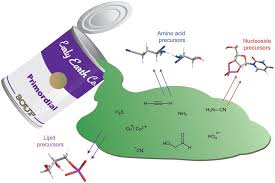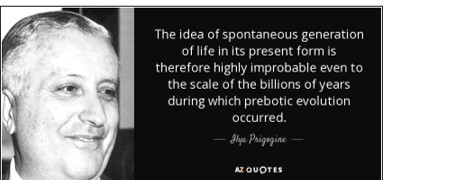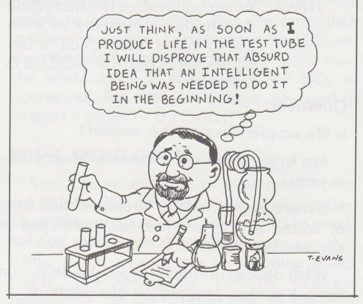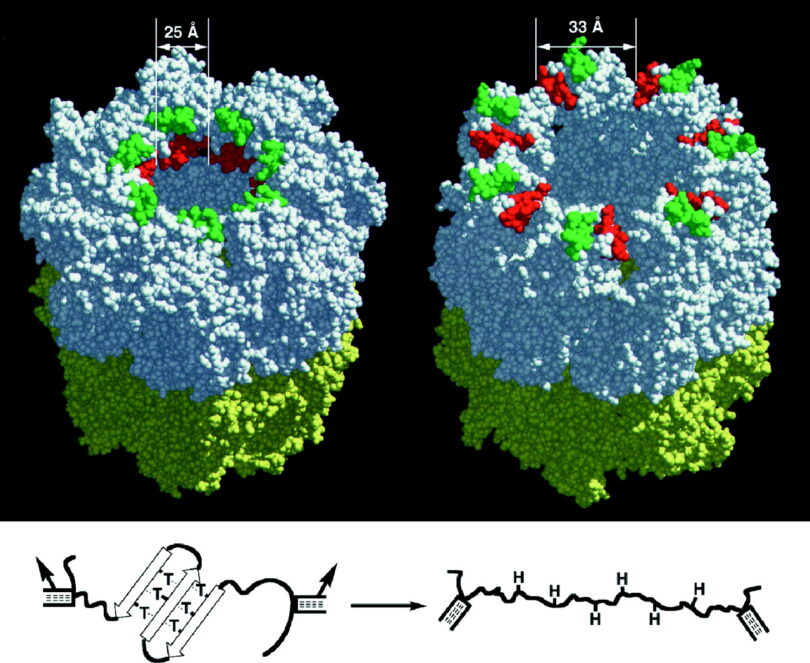Louis Pasteur’s 1859 experiment is widely seen as having settled the question. This was one of the last and most important experiments disproving the theory of spontaneous generation.
https://bio.libretexts.org/Bookshelves/Microbiology/Book%3A_Microbiology_(Boundless)/1%3A_Introduction_to_Microbiology/1.1%3A_Introduction_to_Microbiology/1.1C%3A_Pasteur_and_Spontaneous_Generation
The principles of evolution require a clear violation of the scientific principle of the law of biogenesis which states: life only comes from life. This means evolution as the means for life to have emerged violates this scientific principle.
The term evolution uses is “abiogenesis” which states that “the original evolution of life or living organisms from inorganic or inanimate substances.” which is spontaneous emergence of life from non-living chemicals many billions of years ago.
https://www.allaboutscience.org/abiogenesis.htm
From Biology LibreTexts: “Spontaneous generation is an obsolete body of thought on the ordinary formation of living organisms without descent from similar organisms.”

From Biology LibreTexts: “Typically, the idea was that certain forms such as fleas could arise from inanimate matter such as dust or that maggots could arise from dead flesh. A variant idea was that of equivocal generation, in which species such as tapeworms arose from unrelated living organisms, now understood to be their hosts.
“Doctrines held that these processes were commonplace and regular. Such ideas were in contradiction to that of univocal generation: effectively exclusive reproduction from genetically related parent(s), generally of the same species. The doctrine of spontaneous generation was coherently synthesized by Aristotle, who compiled and expanded the work of prior natural philosophers and the various ancient explanations of the appearance of organisms; it held sway for two millennia.
“Today spontaneous generation is generally accepted to have been decisively dispelled during the 19th century by the experiments of Louis Pasteur. He expanded upon the investigations of predecessors, such as Francesco Redi who, in the 17th century, had performed experiments based on the same principles.”




